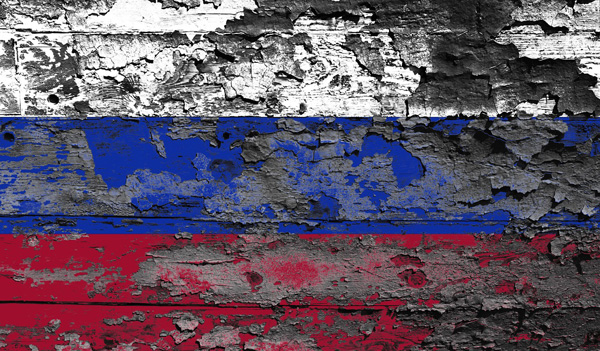Renowned Kremlin critic Alexei Navalny pronounced dead in Arctic prison

[Russia, Banner, Flag Image. Photo Credit to Pixabay]
Alexei Navalny, a prominent Russian anti-corruption activist and noted critic of Vladimir Putin’s regime, died on Friday, February 16, within the confines of a Russian prison in the Arctic.
According to Russian officials from the Federal Penitentiary Service of the Yamalo-Nenets Autonomous District, where Navalny was imprisoned, he “felt unwell after a walk, before immediately losing consciousness.”
Navalny was serving a 19-year prison sentence for alleged extremism, a punishment that the human rights chief of the United Nations, Volker Türk, harshly criticized as being “vague and overly broad.”
The departed leaves behind a grieving mother, a widow, and a daughter.
A substantial number of people, including bereaved friends and family, have accused the Russian government -particularly Vladimir Putin- of being responsible for his death.
The Kremlin has denied all allegations that they were involved in any way, shape, or form in Navlany’s death.
Navalny famously survived a poisoning attempt in 2020, where he was almost killed by the nerve agent Novichok in what is suspected to be his tea.
Novichok is one of the most lethal nerve agents in the world and was developed by the Soviet Union, which is now Russia.
Notably, Novichok has been linked to the deaths or hospitalizations of some prominent critics of Russia, such as the poisoning of former Russian military intelligence officer Sergei Skripal and his daughter in 2018.
United States President Joe Biden expressed condolences to Navalny’s family, asserting there was “no doubt” that “Putin and his thugs” played a role in his death.
Russian authorities have returned Navalny’s body to his grieving mother, although Navalny’s mother claims that she wasn’t allowed to have his body until she agreed that there would be no public funeral for him.
Kremlin spokesman Dmitry Peskov has fired back against these allegations from Joe Biden and other world leaders, claiming “In conditions where there is no information, it is absolutely unacceptable to make such, let’s say, frankly boorish statements.”
In response to Navalny’s passing, the United States State Department imposed new sanctions against over 500 individuals in Russia, citing the ongoing war’s two-year anniversary and suspicions surrounding Navalny’s demise.
Critics of Putin and the Kremlin frequently find themselves dead, imprisoned, or subject to censorship.
According to a non-profit organization Freedom House, known for its advocacy for human rights and democracy, Russia’s Freedom Score is a mere 19/100, classifying it as “Not Free.”
The dubious status of Russian civil liberties has been exacerbated after the Russian invasion of Ukraine in 2022, when thousands of anti-war Russians were arrested for everything from protesting to speaking out against the Kremlin’s actions on social media.
Reporters Without Borders, another non-profit organization, reveals that after the inception of the Russo-Ukrainian war, there has been a notable increase in the suppression of independent media agencies by the government, either by prohibiting them by law or declaring them “foreign agents.”

- Paul Han / Grade 11
- Saint Paul Preparatory Seoul

![THE HERALD STUDENT REPORTERS [US]](/assets/images/logo_student_us.png)
![THE HERALD STUDENT REPORTERS [Canada]](/assets/images/logo_student_ca.png)
